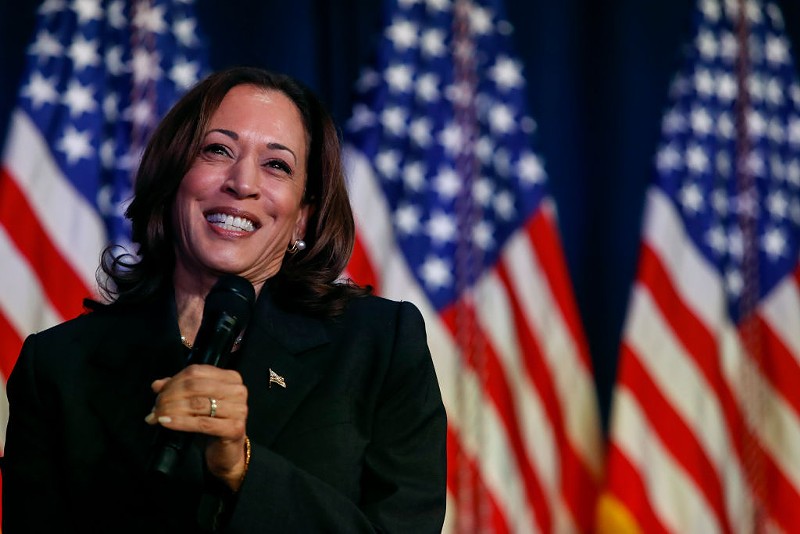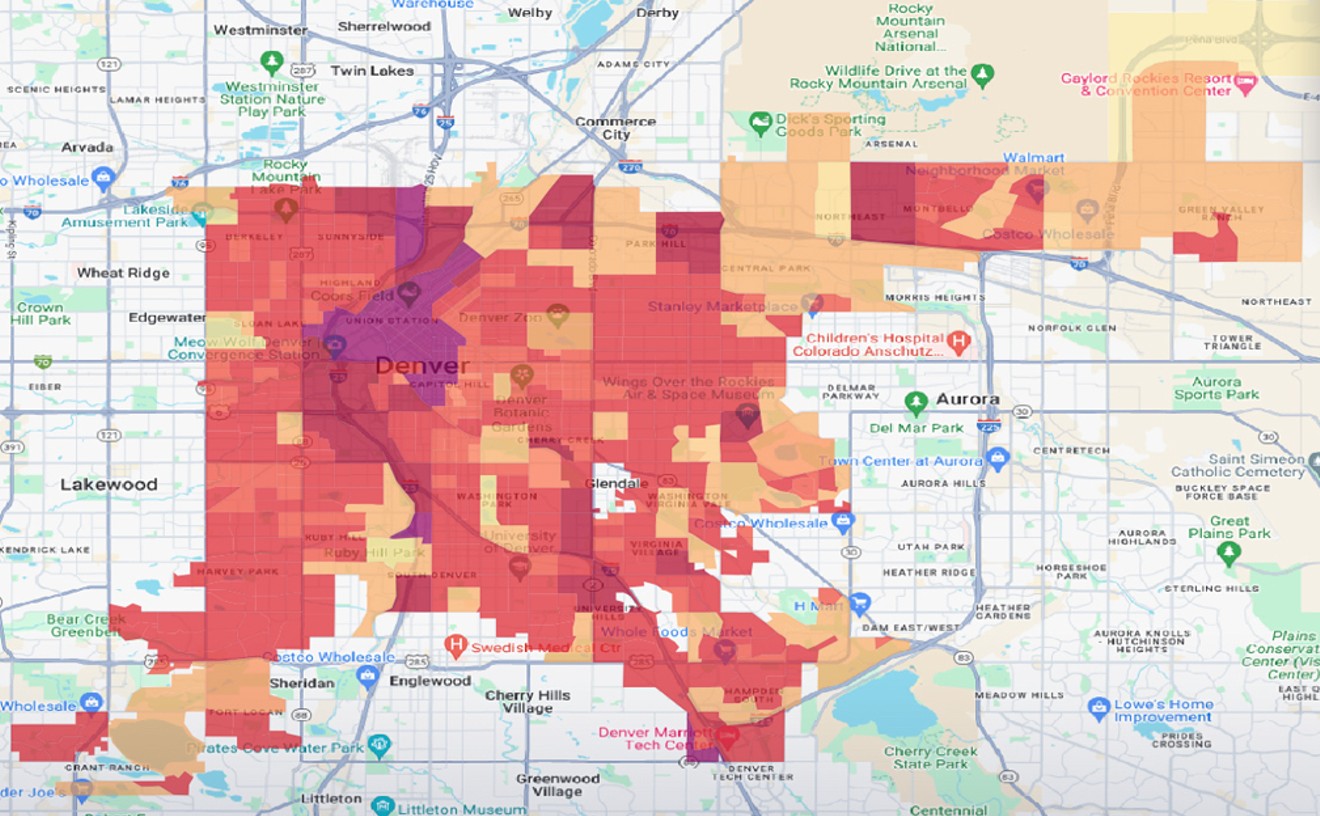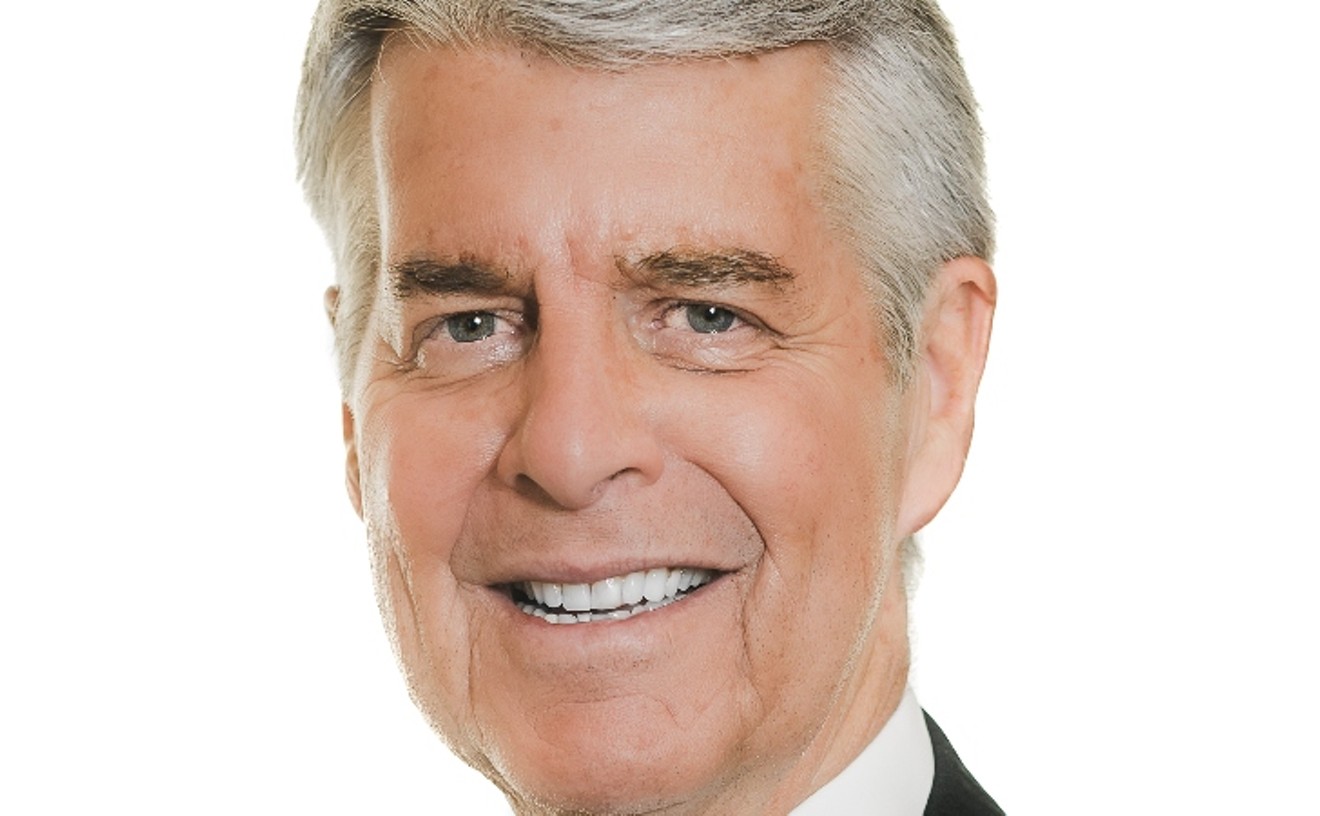When President Barack Obama was elected as the first African-American president of the United States, I was overcome with pride and emotion. I did not think I would see a Black president in my lifetime. He carried the hopes and dreams of our African ancestors and stood on the shoulders of enslaved people who worked toward freedom that many would never see but worked toward anyway. We would finally get a president who understood the importance of racial justice, criminal legal system reform, and anti-poverty programs.
Obama's esteemed legacy includes the Affordable Care Act (Obamacare); repealing Don’t Ask, Don’t Tell; enacting Wall Street reforms; and getting two women, Sonia Sotomayor and Elena Kagan, confirmed to the U.S. Supreme Court. Further, the steady presence of First Lady Michelle Obama remains a source of pride for many Black families.
But governing is always much harder than running for office. Republicans made it their mission to obstruct Obama’s agenda every step of the way while maligning his and the First Lady's character. Obama had to prove he could govern from the center, resulting in conservative-appeasing policies that had devastating impacts, including deporting more immigrants than any other U.S. president, expanding the charter school and high-stakes testing industry using billions in federal dollars, accelerating drone warfare and targeted assassination killing 3,797 people, including 324 civilians, and admittedly committing the same mistakes from the Iraq War during the forced regime change in Libya.
Fast-forward to the recent groundbreaking news that President Joe Biden was (finally) passing the torch and endorsing Vice President Kamala Harris as the Democratic presidential nominee. Whether Biden was pushed or voluntarily bowed out, the news was a game-changer for the presidential race and our democracy.
Black women across the nation immediately began leading the effort, as indicated on a hastily organized Zoom call I attended with more than 44,000 Black women even though only 1,000 were expected, raising $1.5 million in three hours. The message from the enthusiastic gathering was clear: We have a plan, we can win, and Kamala Harris is the most qualified vice president in U.S. history who is ready to become president.
Harris's impressive résumé includes being California's attorney general, a U.S. senator, the first female vice president and highest-ranking female official in U.S. history, and the first African American and first South Asian American vice president. She is also an ardent supporter of abortion rights, a protector of the environment, and has taken a more forceful tone with Israel to protect civilians in response to protesters opposing genocide. Among her notable accomplishments in Congress, she supported gay marriage, immigration, criminal legal system reform, and unions. She was a vocal advocate protecting reproductive rights and Black maternal health.
Despite her achievements, Harris had a complicated history as a prosecutor, including angering progressives for failing to hold police officers and their agencies accountable for abusive conduct. She supported notifying Immigration and Customs Enforcement of undocumented and unconvicted juvenile immigrants arrested for a suspected felony. Her office also took some controversial stances, such as defending the constitutionality of the death penalty even though, as a candidate, Harris pledged not to seek it — and opposing the early release of eligible nonviolent prisoners because the state wanted to retain them as a labor force, a position she claimed not to know about. Additionally, she supervised prosecutors who withheld potentially exculpatory evidence against George Gage, an elderly Black man who is still serving a seventy-year sentence, even though a trial judge concluded that the evidence against him was unreliable. Harris was also criticized for prosecuting and fining parents for their children’s truancy, which disproportionately impacted low-income families of color.
Despite the excitement of the historic moment, a lesson learned by progressives from Obama's historic election was to be cautious about candidates who claim progressive values but embrace policies cloaked in the vestiges of empire.
To say the least, Kamala Harris is a complicated person who deserves to be judged within the full context of her accomplishments and failures. The prospect of having our first woman president who is both African American and Asian American is inspiring, especially for Black women, people of color, queer folks and young voters who are energized by her candidacy. However, based on our experience with moderates who run as progressives, it's important to be clear-eyed about any politician who promises to deliver us to the promised land because, at the end of the day, progressives know that no one is going to save us but ourselves.
Dr. Lisa Calderón is the executive director of Women Uprising, which trains progressive women in Colorado to run for public office. She narrowly missed the runoff in the 2023 Denver mayoral race.
Westword.com frequently publishes commentaries on matters of interest to the community on weekends. Have one you'd like to submit? Send it to [email protected], where you can also comment on this piece.
[
{
"name": "Air - MediumRectangle - Inline Content - Mobile Display Size",
"component": "12017618",
"insertPoint": "2",
"requiredCountToDisplay": "2",
"watchElement": ".fdn-content-body",
"astAdList": [
{
"adType": "rectangle",
"displayTargets": "mobile"
}
]
},{
"name": "Editor Picks",
"component": "17242653",
"insertPoint": "4",
"requiredCountToDisplay": "1",
"watchElement": ".fdn-content-body",
"astAdList": [
{
"adType": "rectangle",
"displayTargets": "desktop|tablet"
},{
"adType": "rectangle",
"displayTargets": "desktop|tablet|mobile"
}
]
},{
"name": "Inline Links",
"component": "18838239",
"insertPoint": "8th",
"startingPoint": 8,
"requiredCountToDisplay": "7",
"maxInsertions": 25
},{
"name": "Air - MediumRectangle - Combo - Inline Content",
"component": "17261320",
"insertPoint": "8th",
"startingPoint": 8,
"requiredCountToDisplay": "7",
"maxInsertions": 25,
"watchElement": ".fdn-content-body",
"astAdList": [
{
"adType": "rectangle",
"displayTargets": "desktop|tablet"
},{
"adType": "rectangle",
"displayTargets": "desktop|tablet|mobile"
}
]
},{
"name": "Inline Links",
"component": "18838239",
"insertPoint": "8th",
"startingPoint": 12,
"requiredCountToDisplay": "11",
"maxInsertions": 25
},{
"name": "Air - Leaderboard Tower - Combo - Inline Content",
"component": "17261321",
"insertPoint": "8th",
"startingPoint": 12,
"requiredCountToDisplay": "11",
"maxInsertions": 25,
"watchElement": ".fdn-content-body",
"astAdList": [
{
"adType": "leaderboardInlineContent",
"displayTargets": "desktop|tablet"
},{
"adType": "tower",
"displayTargets": "mobile"
}
]
}
]











